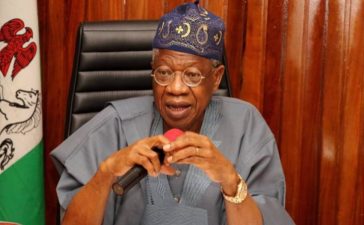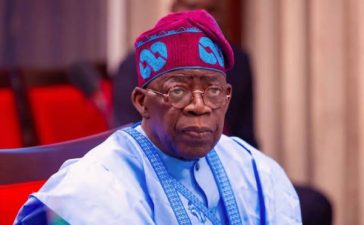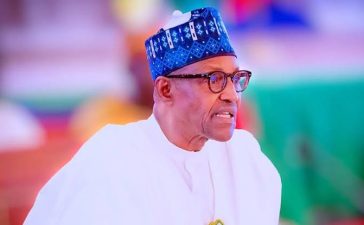Following the disclosure by the National Bureau of Statistics (NBS)two weeks ago that 133 million Nigerians, representing 63 per cent of the population are currently living in multi-dimensional poverty, the Federal Government, yesterday, attributed the prevailing high level of poverty in the country to the attitude of some governors who focus more on building flyovers and airports rather than improving lives of citizens in rural areas.
Speaking after the Federal Executive Council (FEC) meeting presided over by President Muhammadu Buhari at the Presidential Villa, Abuja, the Minister of State for Budget and National Planning, Clement Agba, disclosed that 72 per cent of poverty in Nigeria was located in rural areas, which he said had been abandoned by governors.
“They would rather build skyscrapers in a city where people will see and clap but the skyscrapers do not put food on the table.”
Noting that the Federal Government, on its part, has done its best on poverty alleviation, the Minister regretted that there was no reflection of the amount of investment that had been done in the area.
Agba pointed out that while states are in charge of land for agriculture, they do not invest in them for the desired effect on their rural citizens.
He, therefore, advised the state chief executives that rather than concentrate on the building of skyscrapers, flyovers and bridges among other gigantic projects in the city centres, they should focus on initiatives that can pull the majority of the people out of poverty.
Fielding question on what the Federal Government was doing to address the palpable suffering Nigerians were going through, the Minister said: “When you say government, we should be able to specify which government we are talking about. Is it the Federal Government, state government or local government? Because we all have different responsibilities.
“It is for this reason that we last year started some work on the multi-dimensional poverty index, for which we recently released the report.
“In the past, we’ve always looked at monetary poverty, but poverty has different pieces, different intensity and different causes. And it is for this reason, I went around the 109 senatorial districts in Nigeria, to carry out those surveys and to be able to say specifically, where this hardship is.






